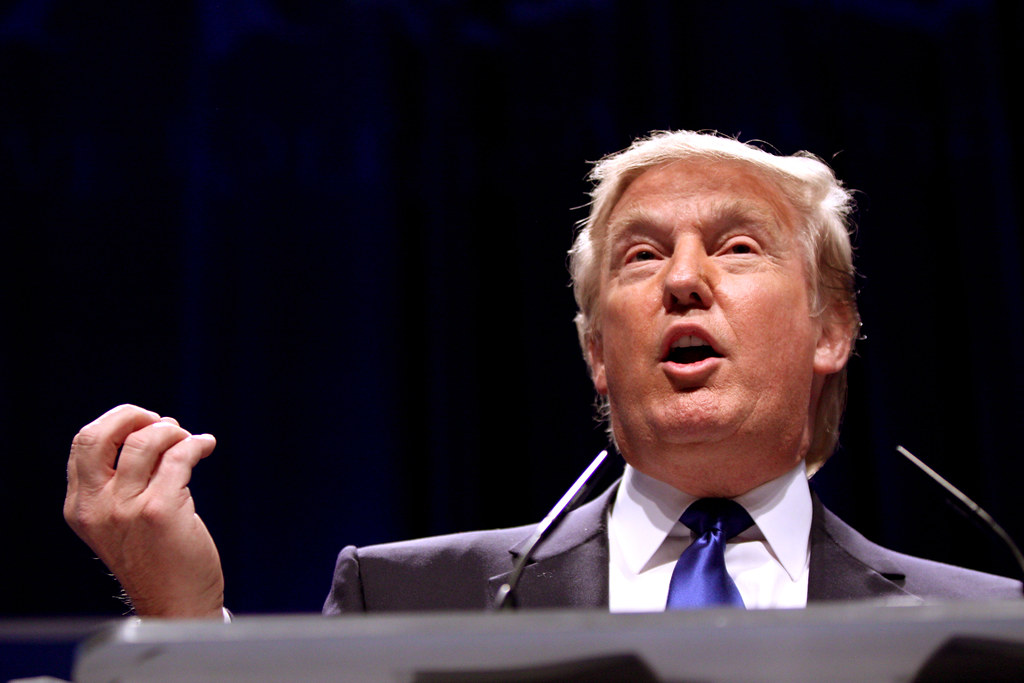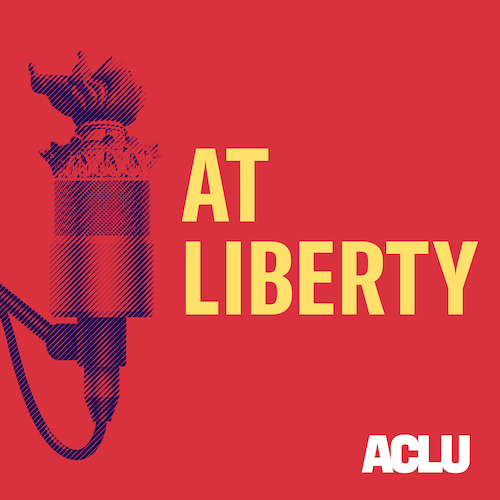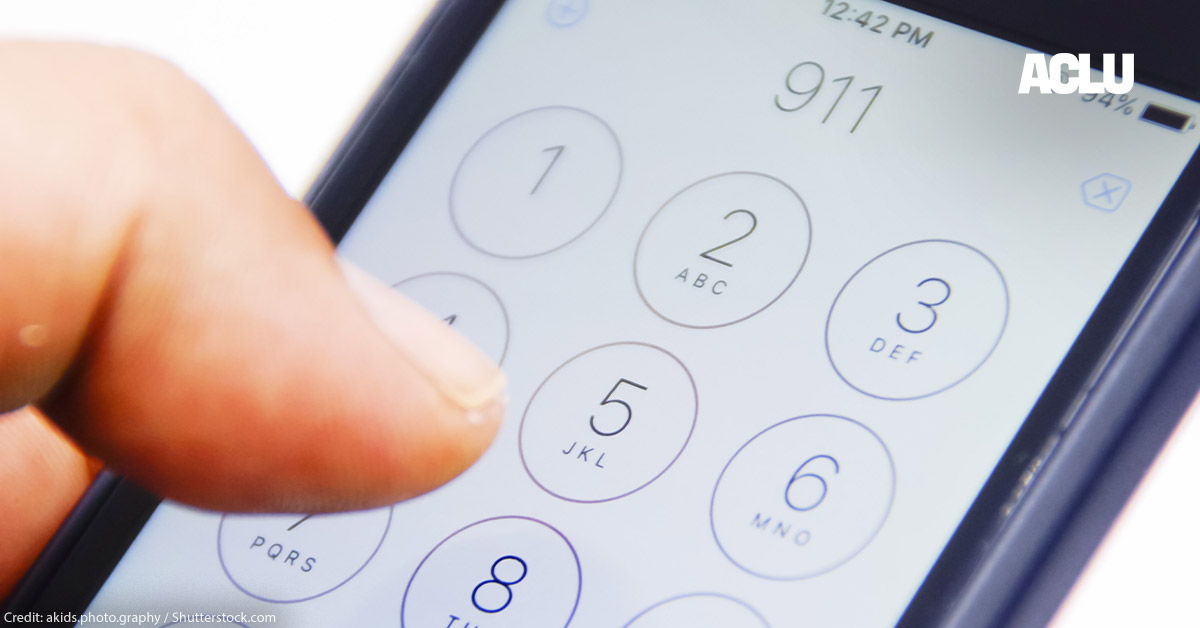By Sarah Hinger and Brian Hauss, ACLU Staff Attorneys
In the latest attempt to silence conversations about race and gender equity deemed “anti-American,” President Trump issued an executive order last week banning federal entities and contractors from providing employees with training on “divisive concepts” and “harmful ideologies” related to race and gender.
What Trump deems “harmful ideologies” are actually concepts diversity trainings use to educate individuals on the systemic barriers and discrimination people of color and other marginalized groups still face in this country today across our institutions — from our workplaces and schools to our criminal legal system. The recent Black Lives Matter and #MeToo movements have shown that people across the country fully acknowledge the realities of systemic racism and sexism are still alive and well, and the need to dismantle the systems and pursue change is more important than ever. But rather than engage with these conversations taking place across the country, the Trump administration seeks to silence individuals and impose an alternate version of American history — one that erases the legacy of discrimination and lived experiences of Black and Brown people, women and girls, and LGBTQ+ individuals.
Our country needs to acknowledge its history of systemic racism and sexism and reckon with present day impacts of racial and gender discrimination. Slavery and its legacy of oppression are parts of American history that Black people are still facing today. Women, especially women of color, continue to be segregated in lower-status and lower-wage fields in the workplace, and are paid less than men across the board.
Halting all diversity training could set back progress in addressing these systemic issues, among others — including in the workplace. Talking about racism and sexism is not harmful to employees. Many employers host trainings on these issues precisely because they contribute to a workplace that is more equitable and inclusive. Instead, President Trump’s authoritarian leaning executive order presents the real danger, and takes us steps backwards in achieving full equity in this country. It also violates our First Amendment right to free speech.
President Trump’s executive order unconstitutionally requires every single individual or company with a federal contract to certify that they won’t provide trainings on so-called “divisive concepts,” even on the contractor’s own time and dime. In other words, the order effectively gags federal contractors from talking with their own employees about issues of the most profound national importance, such as the impact of systemic racism and sexism in our society. This is a blatant attempt to leverage the federal government’s vast financial resources to suppress speech about race and gender that the Trump administration disfavors.
Trump’s executive order borrows from a long-discredited playbook. In the McCarthy era, many states passed laws requiring public employees to certify that they were not members of the Communist Party or other “treasonous,” “seditious,” or “subversive” groups. In response to numerous legal challenges, including several cases brought by the ACLU, the Supreme Court firmly established that the government cannot require people to disavow participation in constitutionally protected speech or association in order to keep their jobs. Whatever power the government may have over its employees and contractors, it does not have the power to dictate their private expression on matters of public concern, including discussions about race and gender discrimination.
The Supreme Court has also rejected attempts to categorically ban or burden private expression by government employees and contractors. Such categorical bans present the gravest threat to First Amendment freedoms because they directly suppress an extraordinarily large amount of protected speech, chill even more speech before it happens, and distort discussion on matters of public concern. Of course, President Trump’s executive order is expressly designed to suppress and distort public discussion about issues that Trump considers “divisive,” such as race and gender justice. The Trump administration does not trust people to think for themselves on these issues, and so it has decided to think for them. Fortunately, the Constitution does not give President Trump that authority.
Date
Friday, October 9, 2020 - 12:00pmFeatured image



